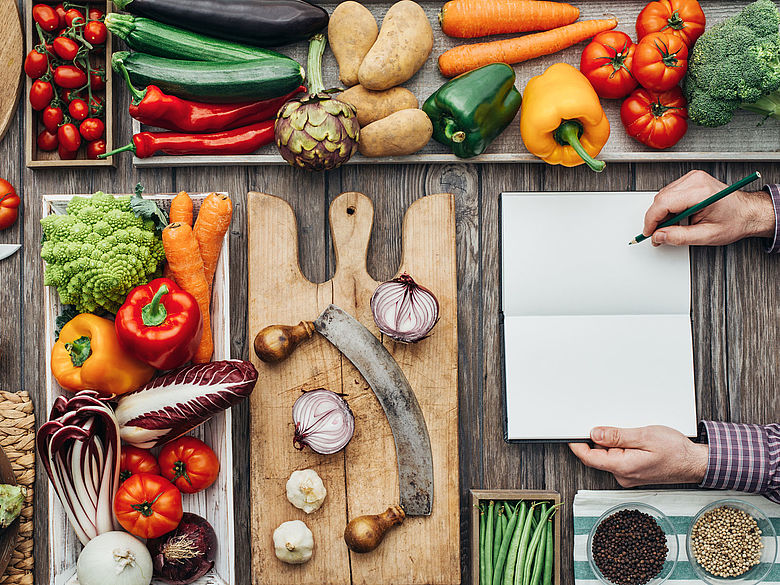1. Track your food and create a calorie deficit.
The first thing we need to do when wanting to lose fat is, we need to create a calorie deficit. Simply put, this involves reducing your calories to be less than what we burn off.
- It is important that we track our food to ensure that we achieve this.
- The MyVision app is an extremely helpful tool that will assist in this process
2. Increase Protein
A good balance of protein keeps you feeling fuller longer and reduces cravings for high carbohydrates and fatty foods. Good protein sources are:
- Lean meat: chicken, turkey, extra lean beef mince, white fish
- Egg whites
- Low fat dairy foods
- Supplements (protein powder)
3. Increase Good Fats (in moderation)
Good fats transport essential vitamins (A, D, E, K) through the body, food high in these good fats are:
- Seeds, Nuts, Avocado
- Omega 3 - found in cold water fish and some plants
- Omega 6 - found in many oils (coconut oil)
4. Reduce Alcohol
When you consume alcohol, the body looks to burn it off first, as it sees it as a toxin, rather than the food consumed while drinking, which will be stored as fat. To achieve faster results:
- Avoid alcohol, alcohol contains unnecessary carbohydrates.
- Chose a lower alcohol content beer/wine, or even zero varieties, now readily available.
- Don't overeat after drinking, drink more water, as dehydration signs are often mistaken for hungry.
- Alternately, when drinking, alternate an alcoholic drink with a glass of water or sparkling/soda water with a slice of lemon or lime. This will hydrate you while drinking less calories.
5. Eating Around Exercise
Don't over consume carbohydrates prior/after exercise, ideally eat a small amount before exercise, then wait for 1 hour after your cardio. Cardio will keep your metabolism working for up to an hour after burning your stored fat.
- Avoid poor carbohydrate choices - pastries, biscuits, chocolate, chips, sugars (no nutrients, high fat).
- Moderate carbohydrate choices - bread, rice, pasta, potatoes, cereals, fruit juices, dried fruits (dense carbs).
- Best carbohydrate choices - peaches, plums, berries, tomato, nectarines, broccoli, zucchini, lettuce, cucumber, capsicum, beans, asparagus (water based, high in fibre and minerals).
6. Eating Small Regular Meals
Results achieved are 70% nutrition and 30% exercise.
- Eat small regular meals to boosts the body's fat burning potential
- This process spikes your metabolism, using extra energy used to break down these meals, creating a consistent burn.
- Large meals are harder to digest, which can turn the unused calories into fat.

